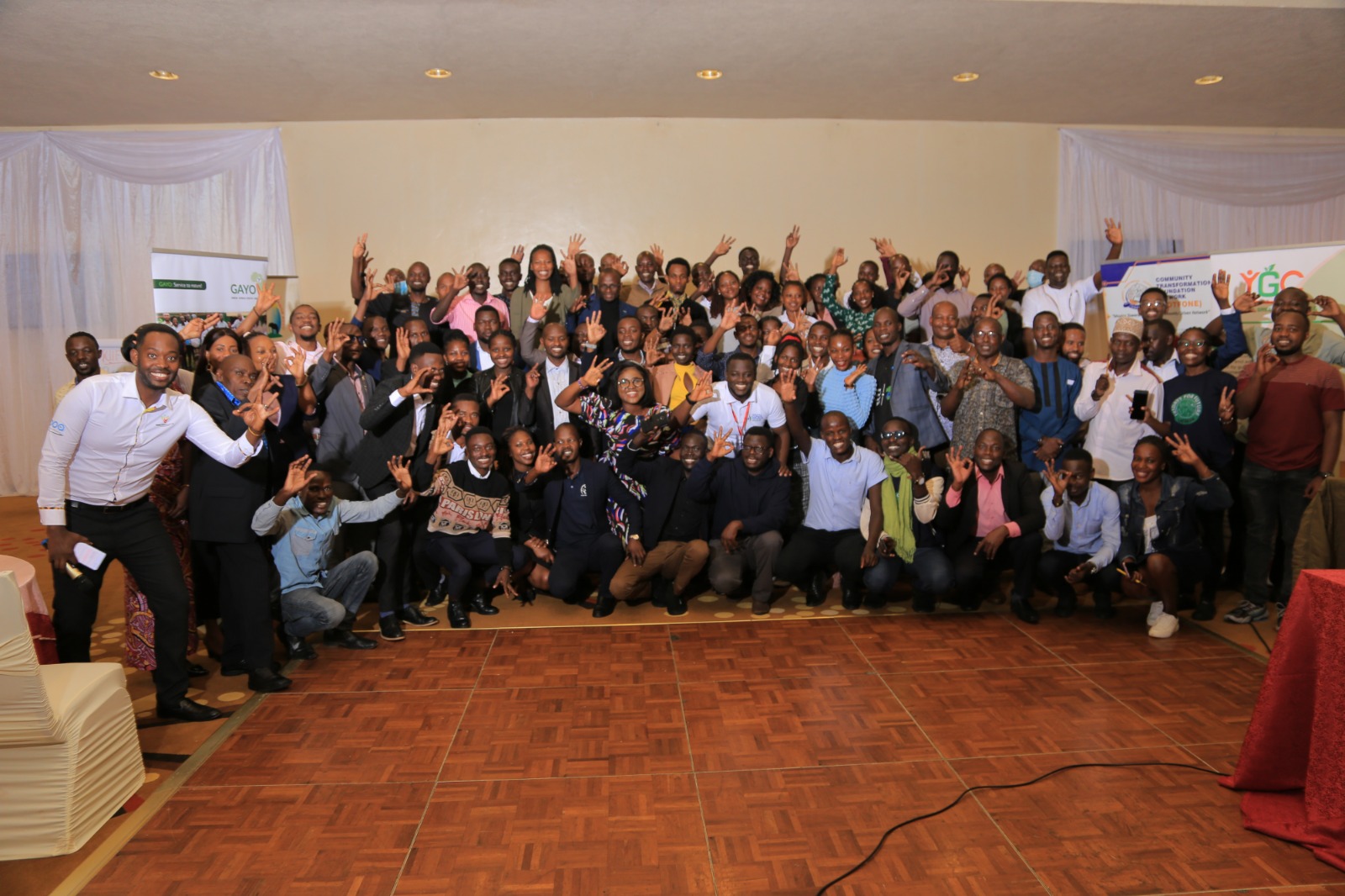
GAYO Joins Environment Activists, Launch YCC Alliance to Boost Youth Climate Movement in Uganda
The Green Africa Youth Organization (GAYO) on Friday, June 30 joined other stakeholders to launch the operations of the Youth Climate Council (YCC) in Uganda. Speaking during an event held at Royal Suites in Bugolobi, Kampala, the GAYO Uganda Country Director Betty Osei Bonsu said that this movement will bridge the gap by serving as an institutional mechanism to boost the youth climate movement in Uganda.
“Uganda, similar to other countries in sub-Saharan Africa, faces the impacts of climate change. Notwithstanding, youth are progressively demonstrating their leadership in tackling the climate crisis. However, they possess limited resources and capacity to do so separately. We understand that without a unified youth-led climate network, channeling young people’s demands in an orderly manner becomes next to impossible," said Bonsu.
Prior to this establishment, GAYO and partners recently carried out a stakeholders consultation meeting to involve stakeholders and obtain a bottom-up approach to implementation. In this meeting resolutions also feed into the baseline survey report on youth involvement in climate policies in Uganda that is yet to be submitted to the Ministry of Water and Environment which would inform further engagement with youth, activists and climate-based organizations in Uganda.
According to Margaret Imprahim, the Youth Climate Council (YCC) Global Coordinator said this initiative will work as an alliance and explore how young people across the 4 regions of Uganda can have equal access to contribute to policy formulation on climate change in Uganda. “The experiences of all young people, predominantly rural and hard-to-reach organizations are equally important. Every youth activist and youth-led organization deserves a voice in climate policy at the sub-national and national levels. While government institutions engage with youth, it is impossible for their engagement to reach every single organization and youth in the country, and this is what YCC is here for,” Imprahim said.
Isaac Ndyamuhaki, the GAYO Uganda Programs Manager, Youth Climate Council (YCC) alliance was long overdue because the current gap between youth climate voices and the governmental structures requires working responsively to maximize the opportunity for both parties. “There is a need for youth climate activists and organizations in Uganda to self-organize and ensure higher inclusion for all young people. As YCC, we are working towards establishing a mutual ground for consultative brainstorming on how to increase greater access to decision-making for diverse youth in Uganda,” Ndyamuhaki said.
He added that the concept of Youth Climate Councils have a lot of potential to bridge the gap between youth activists and organizations in Uganda and the governance structures at the national, regional and local levels will be discussed. “The council will collect the best practices, challenges and opportunities for a self-organized formal mechanism in engaging youth and the general public in climate policy formulation, implementation and review,” Ndyamuhaki noted.
Among the organizations joining hands with Gayo are The National Youth Council of Uganda, Fridays 4 Future, Youth Go Green, Climate Action Group, Action Coalition on Climate Change (ACCC), Ministry of Water and Environment, Community Transformation Foundation Network (COTFONE), Nexus Youth Initiative, POA Television Uganda among others.
Links
- 114 views

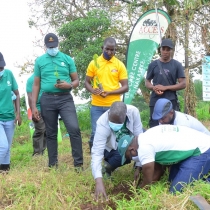






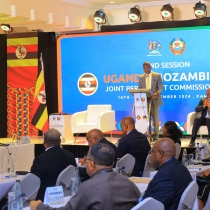
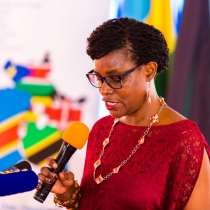
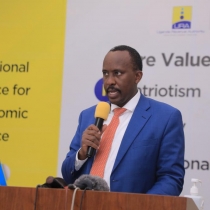
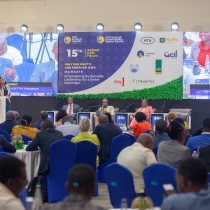
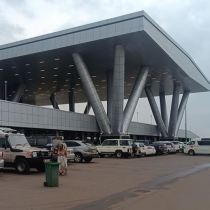
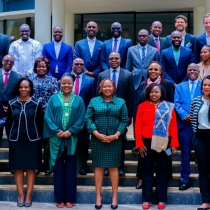


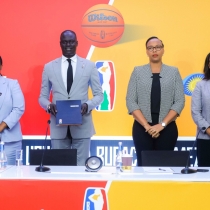






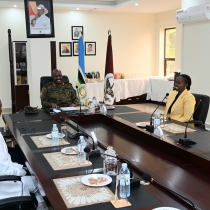






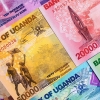

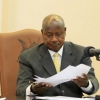






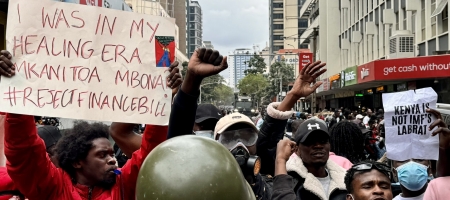




Join the conversation